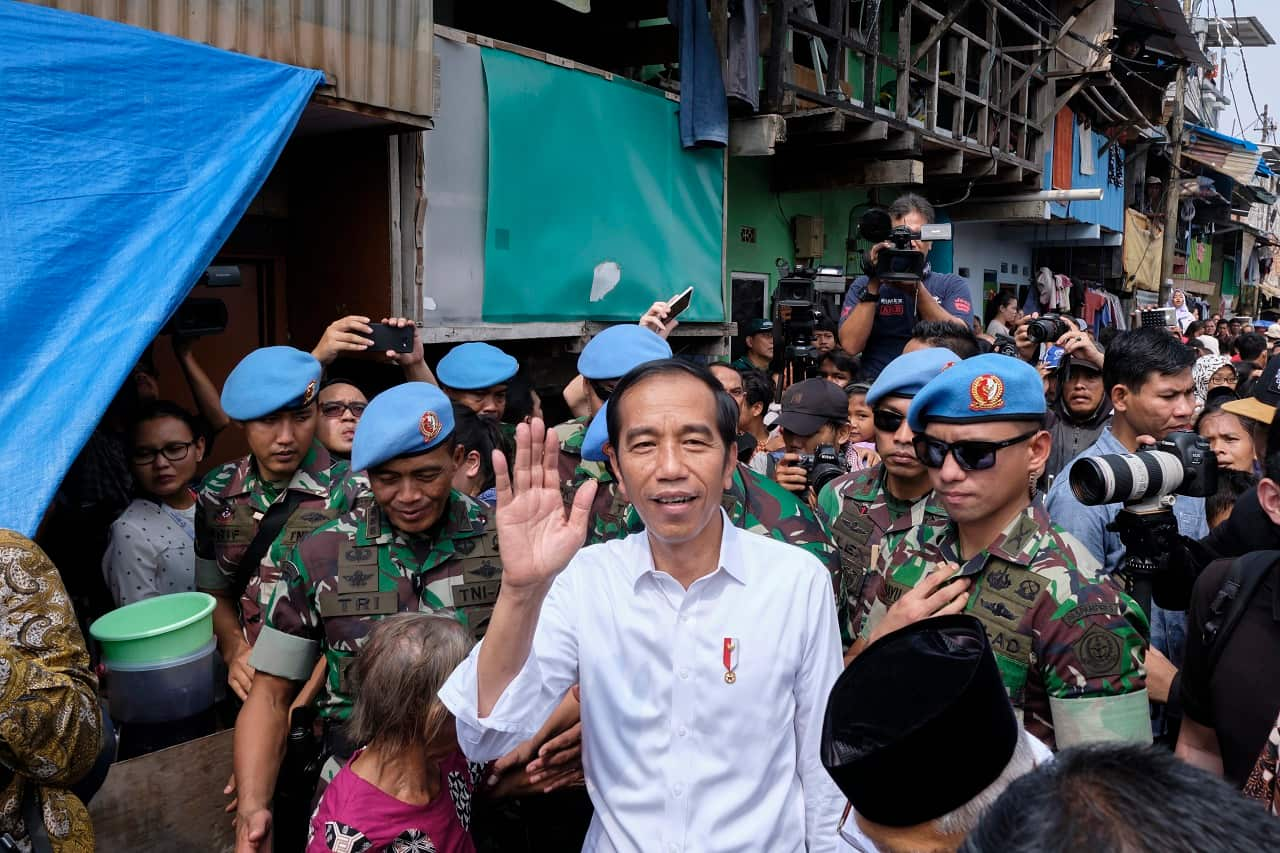A series of marital rape cases have made headlines in Indonesia this month, with activists demanding the country better address this "hidden" crisis.
This week, a woman in West Java attacked her husband with an axe after he constantly demanded sex, despite her only giving birth two months ago.
"Her husband kept asking for jatah emen [roughly translated as 'sex quota']," police told Detik News.
"She served her husband but finally she became so stressed because of her fatigue that she finally attacked him."
Earlier this month, a Jakarta man slashed his wife with a machete after she allegedly refused sex.
According to the Sexual Rights Initiative, marital rape is not criminalised in Indonesia's Criminal Code but is criminalised by the Domestic Violence Protection Act.
"[However] marital rape carries a higher burden of proof and a lower maximum punishment than rape outside of marriage," material from the organisaion says.
"The punishment for marital rape is less than that of rape outside of marriage." And public awareness and understanding of marital rape appears low.
And public awareness and understanding of marital rape appears low.

Protesters walk during a Women's March in Jakarta. Source: Getty
Commissioner of the National Commission on Violence Against Women Adriana Venny Aryani said marital rape is often overlooked by many parties including the victims themselves and is rarely reported to police.
"Cases like this are often not taken seriously even though it's important. Unfortunately, many victims don't consider their husband's actions to be rape," she told Kompas.
"The trauma for sexual assault is huge for children and the victim. There could be long-term effects for the child, and in the worst case they could emulate the abuser." Activists have been lobbying the government to pass an Elimination of Sexual Violence Bill, but it has faced opposition from conservative parties.
Activists have been lobbying the government to pass an Elimination of Sexual Violence Bill, but it has faced opposition from conservative parties.

Indonesian President Joko Widodo. Source: Getty
"[The bill is] dominated by liberal perspectives that are not in accordance with the values of Pancasila [the foundational philosophy of Indonesia], religion, and eastern culture," Jazuli Juwaini of the Islam-based Prosperous Justice Party told Kompas.
"It could be potentially permissive of free sex and deviant sexual behaviour."
The #MeToo movement that has taken off in the West has been slow to gain traction in Indonesia, which is the world's most populous Muslim country and socially conservative.
Women in general are still reluctant to speak up due to social pressure, although official figures show one in three Indonesian women have faced physical or sexual violence.
If you or someone you know needs help with sexual assault, domestic or family violence and abuse, call 1800RESPECT or visit
Additional reporting: Reuters










